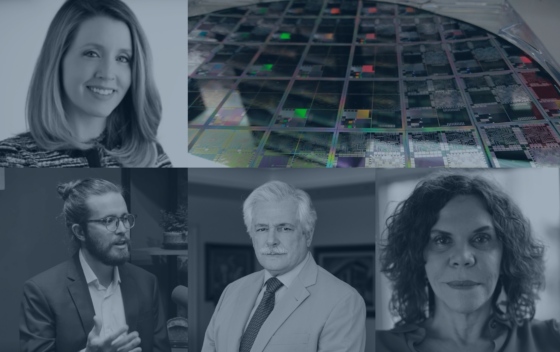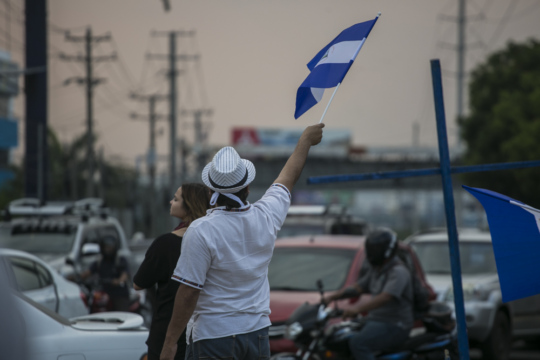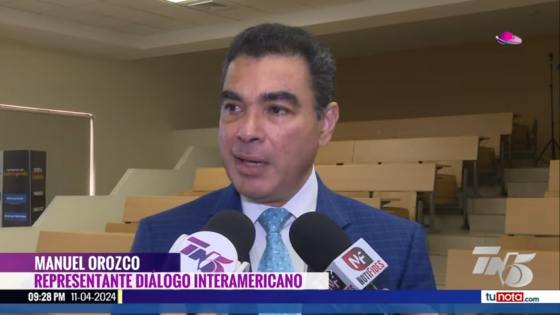 Video
Video
New Infrastructure—Emerging Trends in Chinese Investment in Latin America
On April 11, 2024, the Inter-American Dialogue partnered with Brazil-China Business Council (CEBC) to hold the joint event “New Infrastructure—Emerging Trends in Chinese Investment in Latin America,” which centered around the prospect and impact of China investment in LAC and specifically in Brazil, as well as the LAC region’s approach to fielding opportunities and risks associated with Chinese engagement.























